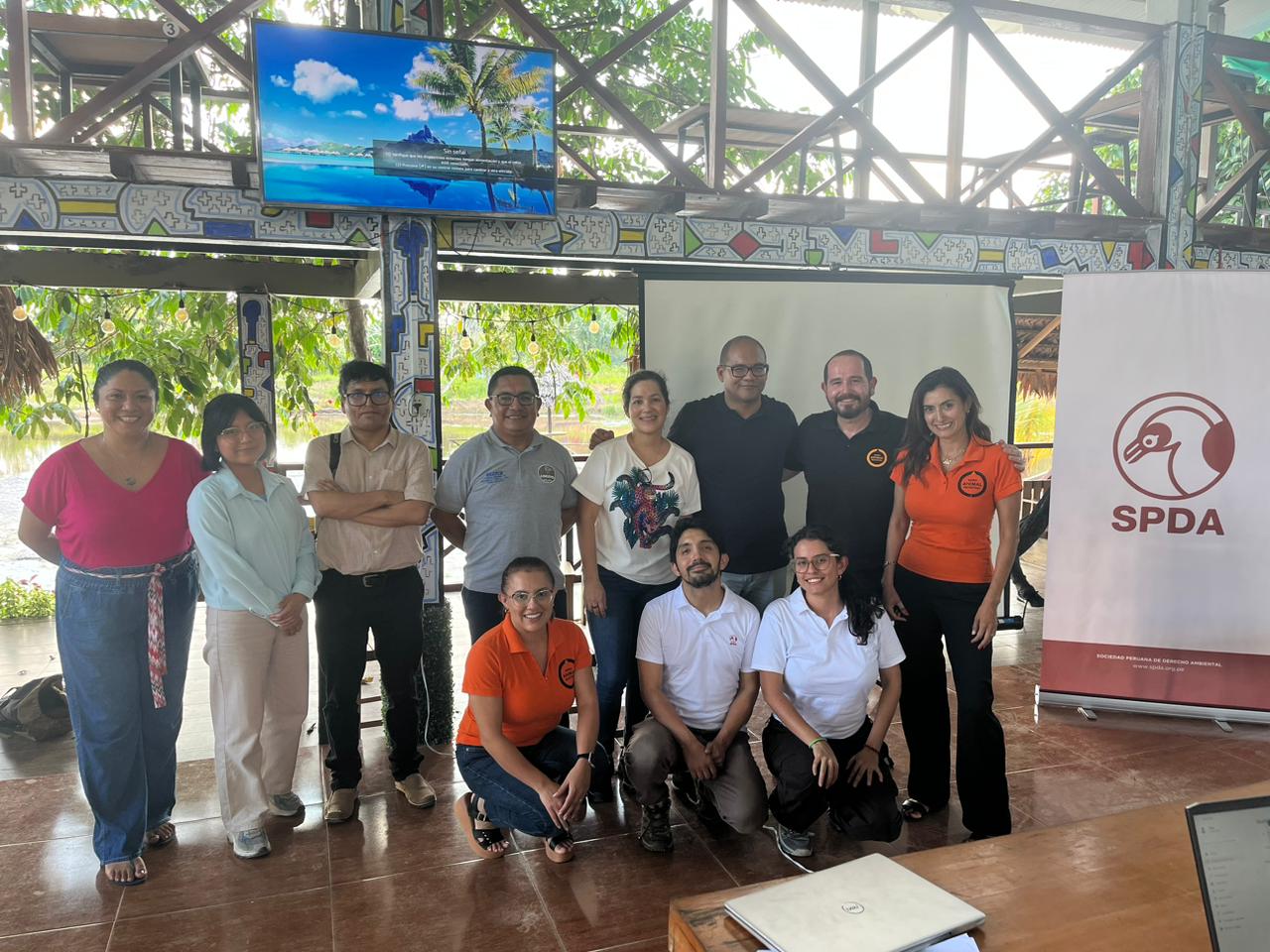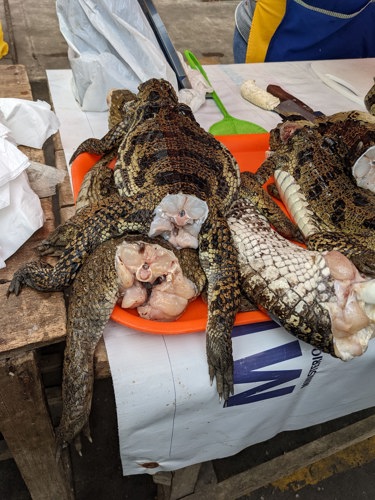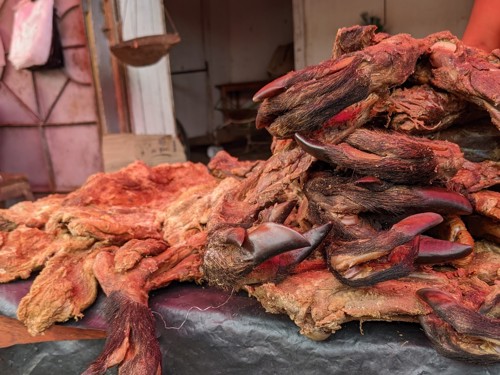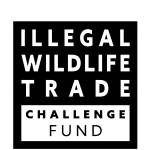How journalists protect Amazonian wildlife

The workshop organising team, World Animal Protection, SPDA and Mongabay and La Republica guest journalists. Credit - Ester Mora.
Working with journalists to protect Amazonian wildlife
The illegal wildlife trade (IWT) is a complex issue which threatens thousands of wildlife species globally. Whether traded as pets, medicine or food, the risk IWT poses to animal welfare, conservation, and public health is significant. Solving this issue requires integrated solutions involving the collaboration and participation of many stakeholders.
The media plays a crucial role in communicating issues related to IWT, as stories in the media focused on the illegality of wildlife trade and the threats it poses to the survival and welfare of animals, can have a substantial impact on the public’s perception of the problem. Media stories can also inspire people to help tackle IWT and inform them, so that they don’t inadvertently take part in it.
"The workshop has not only informed but also motivated journalists to take an active role in addressing IWT."
On September 1st, 2023, World Animal Protection and the Peruvian Society for Environmental Law (Sociedad Peruana de Derecho Ambiental (SPDA)) held a workshop for journalists in Iquitos, Peru. Iquitos in Loreto is a gateway to the Amazon and the location of the Belén Market, one of the world’s largest IWT markets where hundreds of wild animals and their body parts are illegally traded as bushmeat, pets, traditional medicine, and luxury or decorative products. Our research has shown that the sale of bushmeat is prevalent at Belén Market and a major concern, especially from a zoonotic disease perspective. The workshop was designed to promote investigative journalism to report crimes related to this illicit activity and its broader impacts, including the economy, animal welfare, and biodiversity conservation in the Loreto region.
During the workshop, participating journalists tested their knowledge and learned about their stories’ potential reach and impact. They also had the opportunity to submit a research proposal on a topic related to IWT. The selected submission received mentoring from the Mohme Foundation, a local NGO that promotes responsible journalism in Peru as the basis for a more responsible, fair, and supportive society. As part of this mentoring, the recipient will have access to information and financial support that will be used to cover the costs of their journalistic work.

The 16 participating journalists included those working freelance, and those that worked with local media outlets or institutional communication departments. Over 90% of participants agreed that the workshop fulfilled their expectations and all participants confirmed that the content was relevant for them and could be usefully applied to their professional practice.
The workshop also had inspiring contributions from Alexa Vélez, Managing editor of Mongabay Latin America, and Pilar López, multimedia coordinator of the Peruvian newspaper La República. Both mentors sought to strengthen the capacities of journalists in their daily work. Other experts and guest speakers included government representatives directly involved with the issue of IWT, such as Manuel Sánchez Aurich from the National Service of Agrarian Health of Peru (SENASA) in Loreto, and Adler Vela, specialist from the Regional Management of Forestry and Wildlife Development (GERFOR) in Loreto.
The variety of speakers allowed the journalists to hear the diverse viewpoints of those involved in tackling IWT and gave depth and richness to the stories they could write about in the future. Angela Stevenson, global media and comms manager at World Animal Protection, emphasised that, “Journalists have a crucial role in conveying information to their audiences. However, they may occasionally need more time or resources to delve deeper into stories. Workshops, such as the one conducted in Peru, have been instrumental in equipping and linking journalists in the area, enabling them to utilise available resources and data to explain the issue of IWT in the region and its consequences. The involvement of experts in the workshop has not only informed but also motivated journalists to take an active role in addressing the IWT problem by conducting thorough investigations and providing extensive coverage on the matter.”

Caiman meat is being prepared for commercial sale at Belén Market, Iquitos. Credit - Angie Elwin, World Animal Protection.
Government representatives highlighted that reducing IWT requires initiatives that raise awareness and enhance collaboration with different actors, including local communities and other institutions, which was the purpose of this workshop. Adler Vela said, “If we can provide more guidance to the communities, referring not only to prohibitions but also to alternatives, other productive activities, we can slowly decrease [IWT]. It is not only the communities that need to be more aware but also the other institutions.”
Similarly, Manuel Sánchez added that, “We need to address the issue not only from the perspective of trade, but more broadly as this is also a public health issue. There are many species being traded that host zoonotic diseases that are deadly for people and animals. To address this, we need to engage many institutions, both governmental and private sector.”

This workshop was part of the project ‘Building Evidence to Reduce Demand for Wildlife Products in Peru,’ funded by the UK Government through the IWT Challenge Fund and implemented by World Animal Protection and the SPDA. The project aims to build the evidence needed to design, encourage, and support behaviour change to reduce IWT in Belén and beyond.
Written by Ester Mora, Debbie Curtis, Eugenia Morales, Angie Elwin, and Neil D’Cruze. For more information on this IWT Challenge Fund Evidence project IWTEV007, led by World Animal Protection, please click here.

 Back
Back